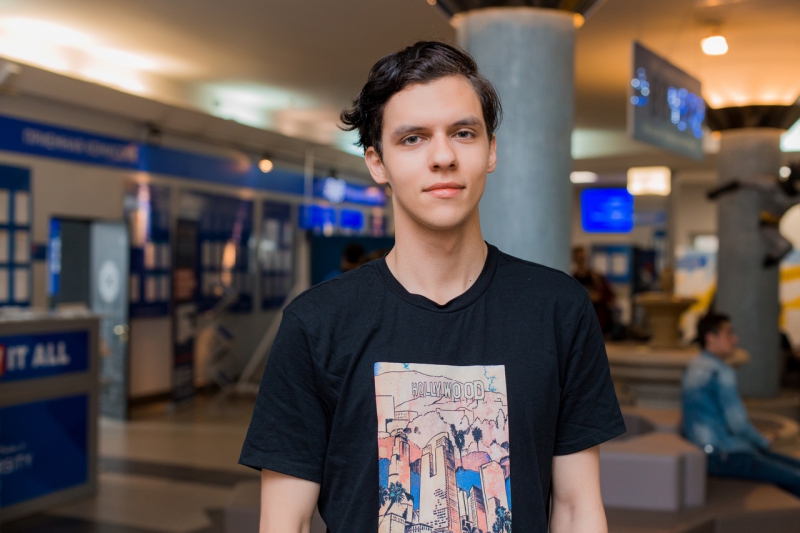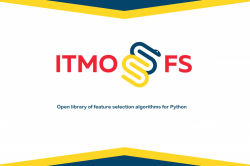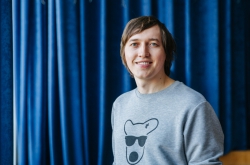SEEL is a major international forum where researchers, students, lecturers and other representatives of the education community can share experiences and discuss innovative ideas, approaches, technologies, practices and systems in the field of education. Discussions at the conference mainly revolve around the online education format and the task of adapting the system to students’ needs.
At this year’s conference, ITMO University was represented by second-year Bachelor’s student Sviatoslav Oreshin, who became the winner in the section “Smart Learning” with his project on forecasting the effectiveness of online courses. The application process had started long before the conference, which has to do with strict requirements to the conference’s participants. For one, to be allowed to present the results of their project, one had to publish their research article in a journal indexed by Scopus (Sviatoslav’s article is indexed both by Scopus and Web of Science).
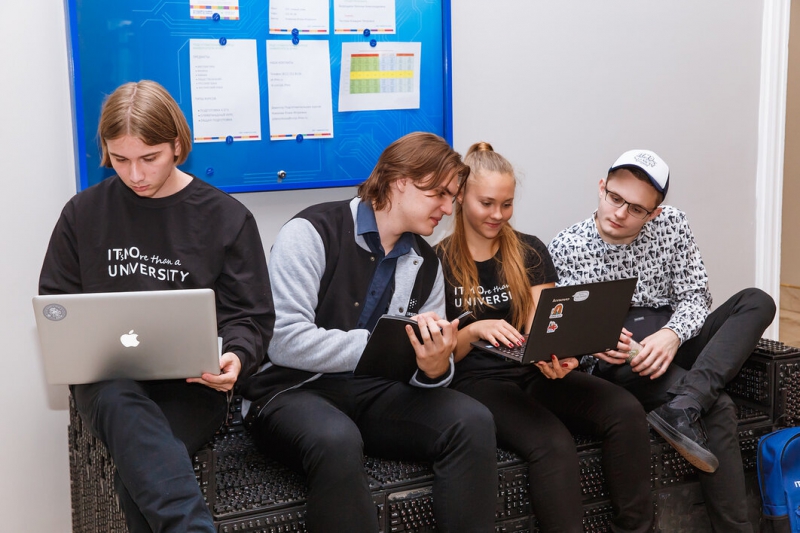
“At ITMO University, I study computer educational technologies, which is very close to the topic of the section. I’m most interested in mathematics, artificial intelligence and machine learning, and the project I presented at the conference focuses on all three of these. My project is aimed at forecasting the effectiveness of online courses. A total of six people presented their projects in my section, however, I was the only Bachelor’s student among them, they all were PhD students,” shared Sviatoslav Oreshin.
The algorithm developed by Sviatoslav allows for forecasting whether a student of an online course is motivated enough to complete it or not. The main problem with online courses is that though there are many people willing to take the course in the beginning, only 5% make it to the final test. The main goal of Sviatoslav’s project is to enhance the courses’ efficiency by improving students’ motivation and adapting the platform to students’ needs.

“I’ve been interested in this topic since high school. I have knowledge and experience in many areas, such as machine vision, natural languages processing, and machine learning technologies, and I decided to apply my skills in the field of online learning. I worked on my project together with Lyubov Lisitsyna, the author of the course “Methods and Algorithms of Graph Theory”, and it’s her course on the Open Education platform that we decided to test our algorithm on,” says Sviatoslav Oreshin.
For his research, the student used data on 5,000 students who have taken the course “Methods and Algorithms of Graph Theory” on the Open Education platform since 2015. Among other things, Sviatoslav studied data on the students’ performance during the first five weeks of the course – the amount of time enough for researchers to assess students’ performance and forecast if they’re going to make it to the final test or not. If not, the authors of the project suggest using certain methods to enhance students’ motivation and facilitate the learning process. These methods include various clues and recommendations, advice to revise materials from previous classes, etc.

When testing the algorithm, the researcher worked with ten students, interacting with them via the platform and mailouts. In the future, this process will be fully automated.
“We tested our algorithm during the spring exam week. We found several students, assessed their performance and got good results. 30% of students who weren’t supposed to pass the test, finally did it. However, this is not enough to make a conclusion that our algorithm really works, as we need more data. What is important here is that the idea is a feasible one. Now we plan to further develop our system by talking to the administration of the platform and incorporating the algorithm into several more courses and making the process automated. To achieve this goal, we’ll have to work in close collaboration with the authors of the courses in order to understand their semantics and collect all the nessesary data. As soon as we automate the process, we’ll be able to talk about statistically significant results,” explains the student.
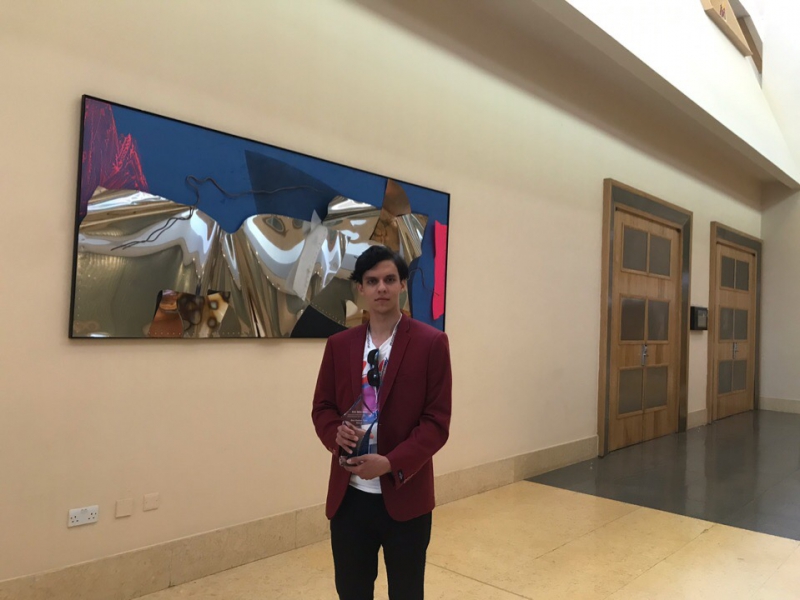
It took Sviatoslav Oreshin about four months to develop the project. The biggest challenge, he says, was not of technical nature but had to do with defining a problem. The jury at the SEEL conference was comprised of 20 experts in the field of mathematics, pedagogics, machine learning, microelectronics, etc. Sviatoslav Oreshin was awarded for the best article and presentation in the section “Smart Education”.
